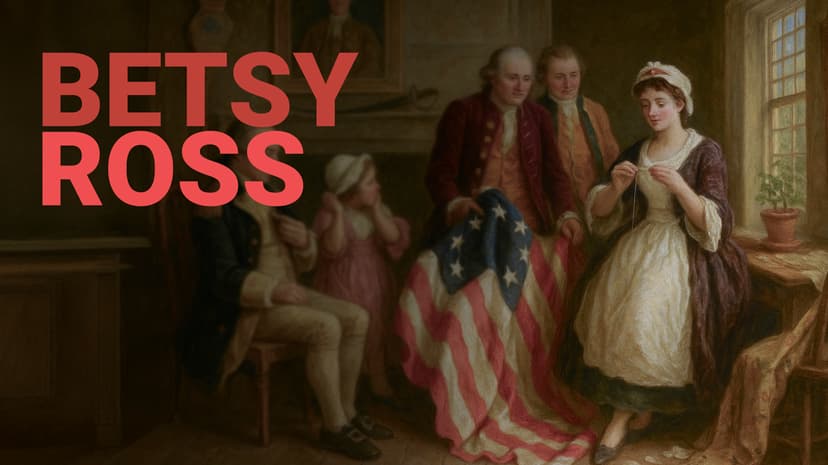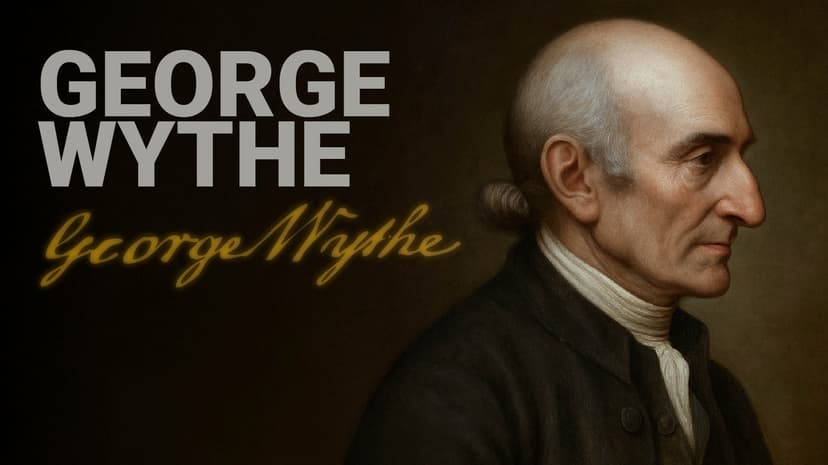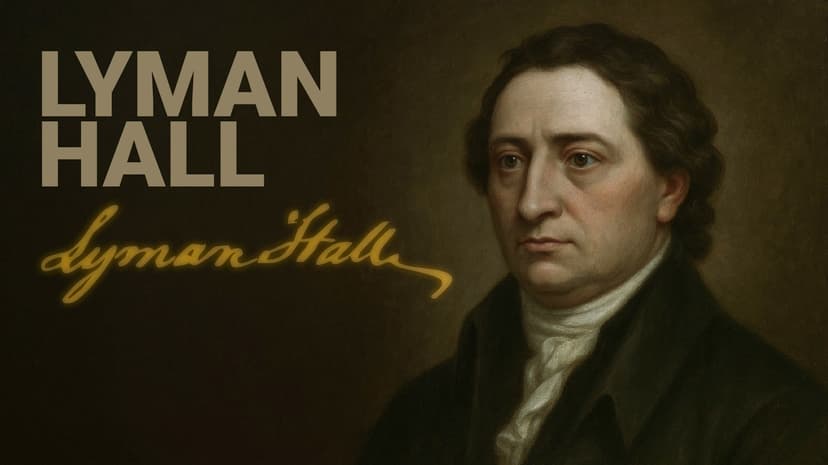Did this video impact you? Help us impact others!
Road to Liberty: Joseph Hewes
Jun 12, 2025
·Joseph Hewes, one of three North Carolinians to sign the Declaration of Independence, advanced the Revolution through his invaluable support of the burgeoning American Navy. He invested his own wealth, leveraged his business network, and sacrificed personal profit to serve the cause of liberty.
Born on January 23, 1730, near Princeton, New Jersey, Hewes grew up in a Quaker family. He received a strict religious upbringing and a standard public education. Sometime around 1750, Hewes moved to Philadelphia to gain experience in the fields of shipping and businesses. There, he served as an apprentice to a successful merchant and importer, Joseph Ogden.
In 1760, Hewes moved to North Carolina, where he built numerous prosperous mercantile businesses. After partnering with Robert Smith, a lawyer friend, he expanded his enterprise and bought a wharf complete with a small fleet. Hewes became engaged, but his fiancée died before their wedding, and he remained a bachelor for the rest of his life.
Three years after his arrival in Edenton, North Carolina the community elected Hewes as a member of the Assembly of North Carolina where he served from 1766 to 1775. There, he helped prepare the “Halifax Resolves,” a report he later presented to the Continental Congress. He was also involved in drafting the “Olive Branch Petition,” carefully outlined grievances against Britain and justified severing ties with the mother country. King George rejected it immediately.
In 1775, North Carolina elected Hewes to the Second Continental Congress where he served as a member of the committee of claims, helped lay the foundations of the Navy, and sat on the committee to prepare the Articles of Confederation. After a long illness, Hewes died on November 10, 1779.



















